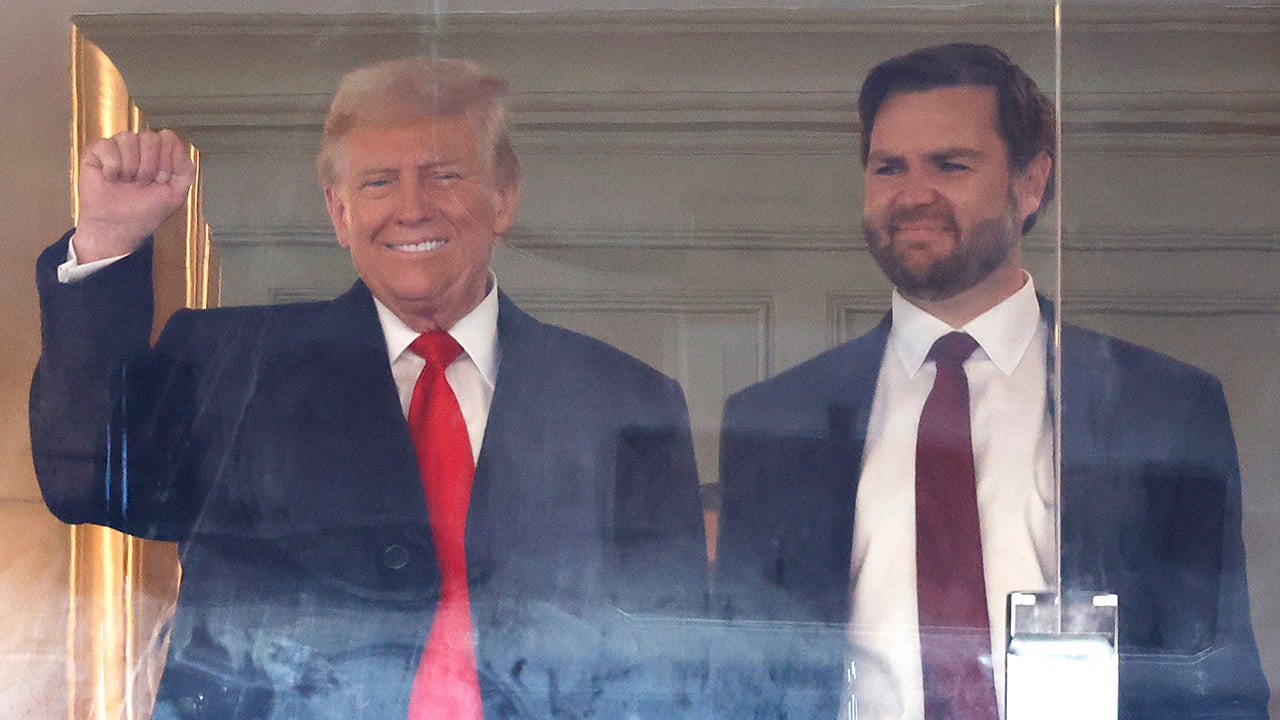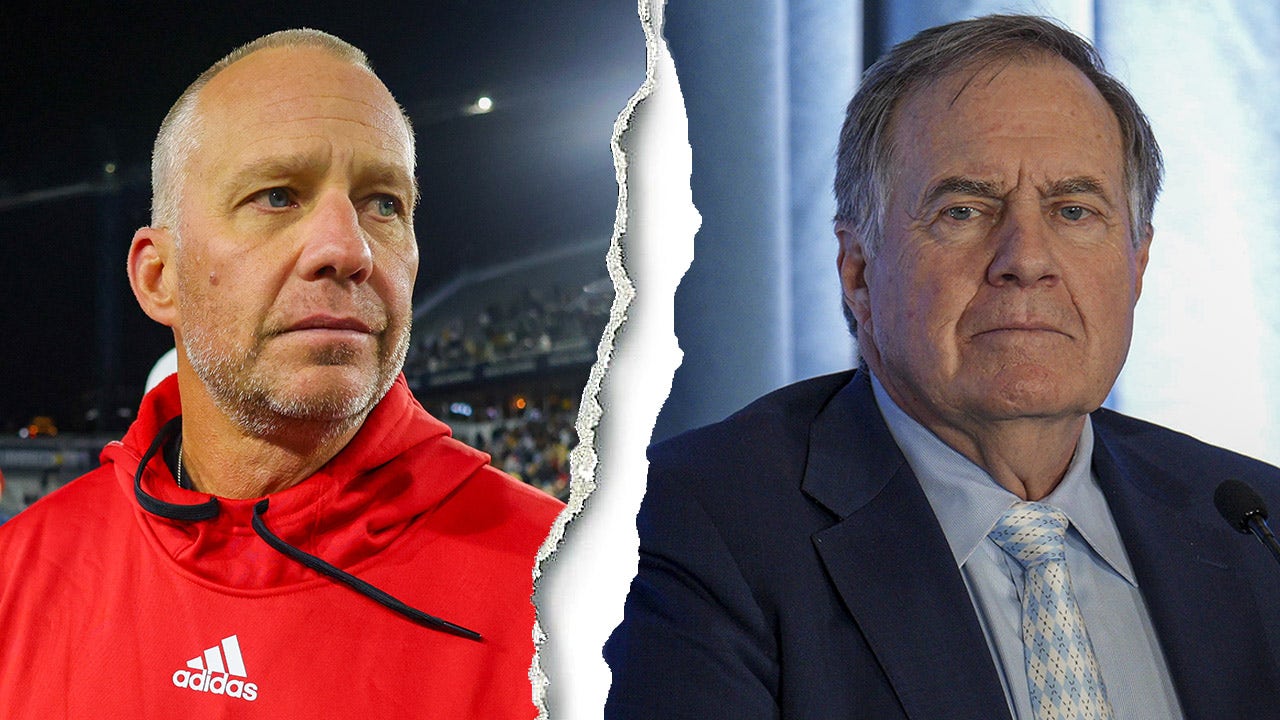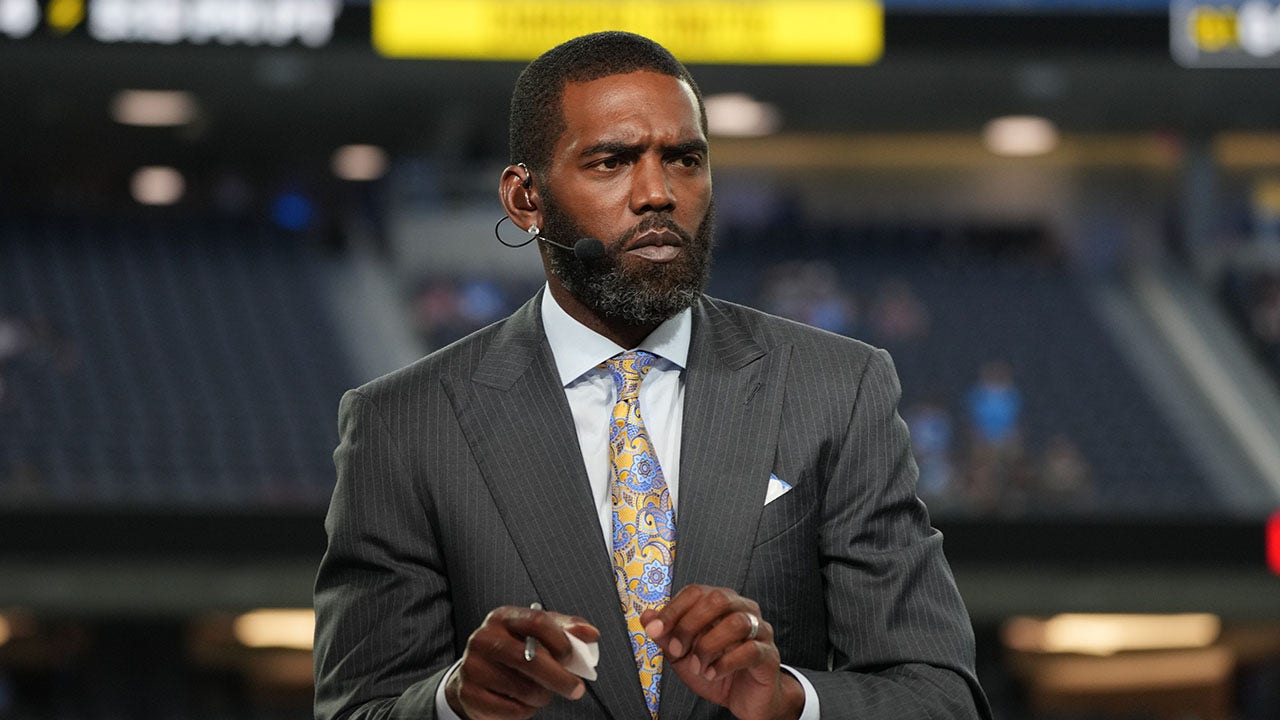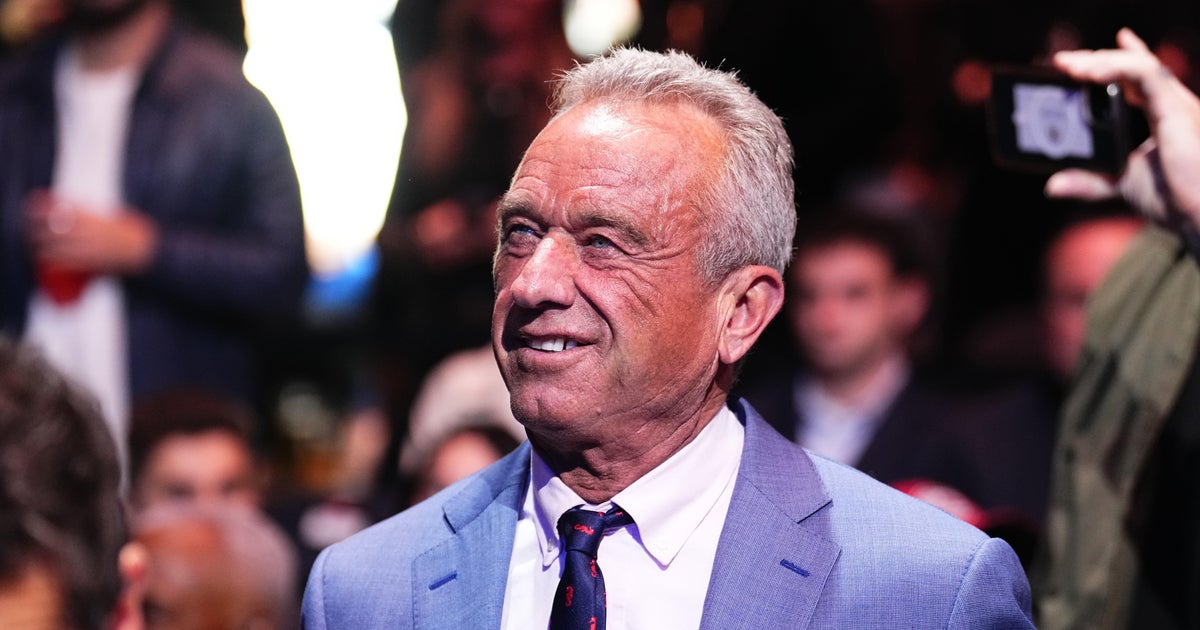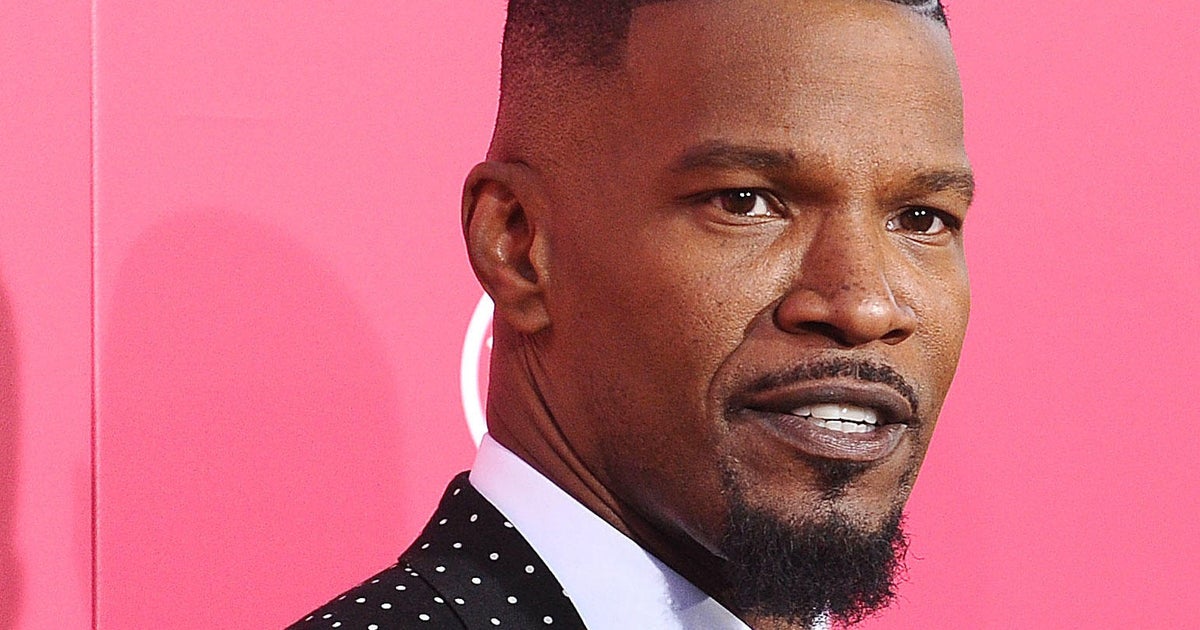Cue the booing and hissing — and laughing. One scene, based on fact, as it turns out, features Steve with his pet pig Romeo running loose inside his house as he strategizes with his fellow short sellers: investors who stand to make a profit only if the stock they’re betting against loses value. And at the opening of this story, that stock happens to be GameStop, the somewhat fusty chain of shopping-mall retail stores that sell new and used gaming hardware and software. Set in the middle of the pandemic, the film explains that GameStop stores managed to stay open when everyone else was shuttered because they qualified as an “essential” business. It’s just one of many truth-is-stranger-than-fiction jokes that the screenplay (by Lauren Schuker Blum and Rebecca Angelo, based on the nonfiction book “The Antisocial Network” by Ben Mezrich) includes.
Arrayed against these, er, swine is an army of common men and women, represented here by a struggling single mother and nurse (America Ferrera), a college kid deep in student-loan debt (Talia Ryder) and her girlfriend (Myha’la Herrold), and an impoverished salesclerk at a GameStop (Anthony Ramos). They all become small investors, egged on by Keith Gill (Paul Dano), a recreational stock-pick guru on YouTube who went by the online moniker Roaring Kitty, and who by day worked as a financial analyst. Keith and his wife (Shailene Woodley) are salt-of-the-earth types; they live in a rented house with a new baby, and $53,000 in savings in the bank. (The film introduces every character with on-screen details of their net worth.)
Keith plows that nest egg into GameStop stock, arguing that the company is undervalued — and because, as he puts it ingenuously, “I like the stock.” This becomes a kind of catchphrase. His legion of online fans follow suit, and the price of GameStop stock goes up as more people buy it, despite the conventional wisdom that says it’s a bad investment. “That’s literally the definition of a pyramid scheme,” Herrold’s character cracks.
She’s not wrong, but “Dumb Money” quickly becomes a moral parable in which these financial small fry represent the power of the masses against the One Percenters — rich people who are symbols of a rigged system in which they get richer while the rest of us get shafted. An old clip of Anthony Scaramucci referring to the GameStop affair as “the French Revolution of finance” is apt. It’s just one of several snippets of actual news footage that filmmaker Craig Gillespie (“I, Tonya”) sprinkles throughout the film, reminding us: This really happened.
But unlike the director’s sympathetic and scathingly funny 2017 portrait of Tonya Harding, “Dumb Money” never really gets inside any of its characters, or even tries to, despite a scene in which Keith and his middle-class family — his slacker brother Kevin, a DoorDash driver (Pete Davidson); his mom, a retired nurse (Kate Burton); and his retired trucker dad (Clancy Brown) — visit the grave of Keith’s sister, who has recently died.
It’s all just an opportunity to underscore that the film’s heroes are ordinary people like you and me, as opposed to Gabe, Steve and Ken, who are shallow archetypes of greed and evil. Just when GameStop stock is going through the roof, that trio is shown to conspire with the proprietors of Robinhood (Sebastian Stan and Rushi Kota) — the commission-free trading app that most of the GameStop investors use — to shut the platform down, along with the WallStreetBets subreddit where Keith (known by an unprintable username) also promulgated his stock picks.
There’s nothing subtle about “Dumb Money,” nor should there be. It’s meant to arouse outrage against the bad guys and instill admiration for the underdogs. And despite the screenplay bandying about a blizzard of jargony financial terms — call options, the Depository Trust and Clearing Corporation and stonks (slang for stocks) — the broad contours of the narrative are easy enough to follow.
If only it were a bit easier to love. “Dumb Money” has none of the brash bravura of “The Big Short,” Adam McKay’s fact-based 2015 financial comedy that interrupted its own convoluted narrative with an infomercial-style scene of Margot Robbie explaining subprime mortgages and the concept of “shorting” while sipping champagne in a bathtub. This film just lets viewers figure things out on their own — or not. As a feel-good fact-based fable of financial comeuppance, “Dumb Money” is funny enough. But as its name suggests, it isn’t especially smart. Unlike its protagonists, it isn’t interested in making a quick buck, just an easy laugh.
R. At area theaters. Contains pervasive coarse language, sexual material and drug use. 104 minutes.











